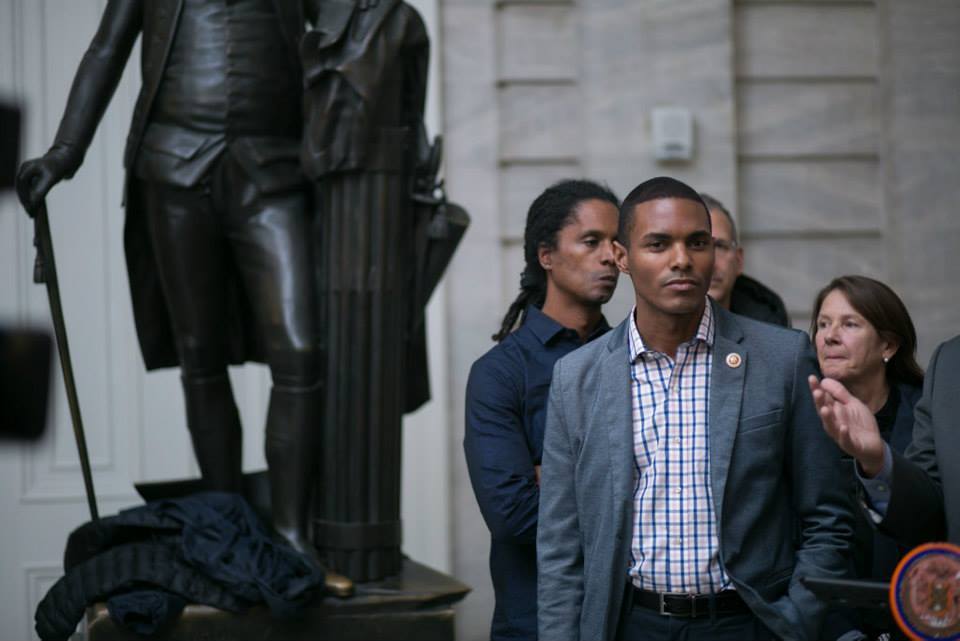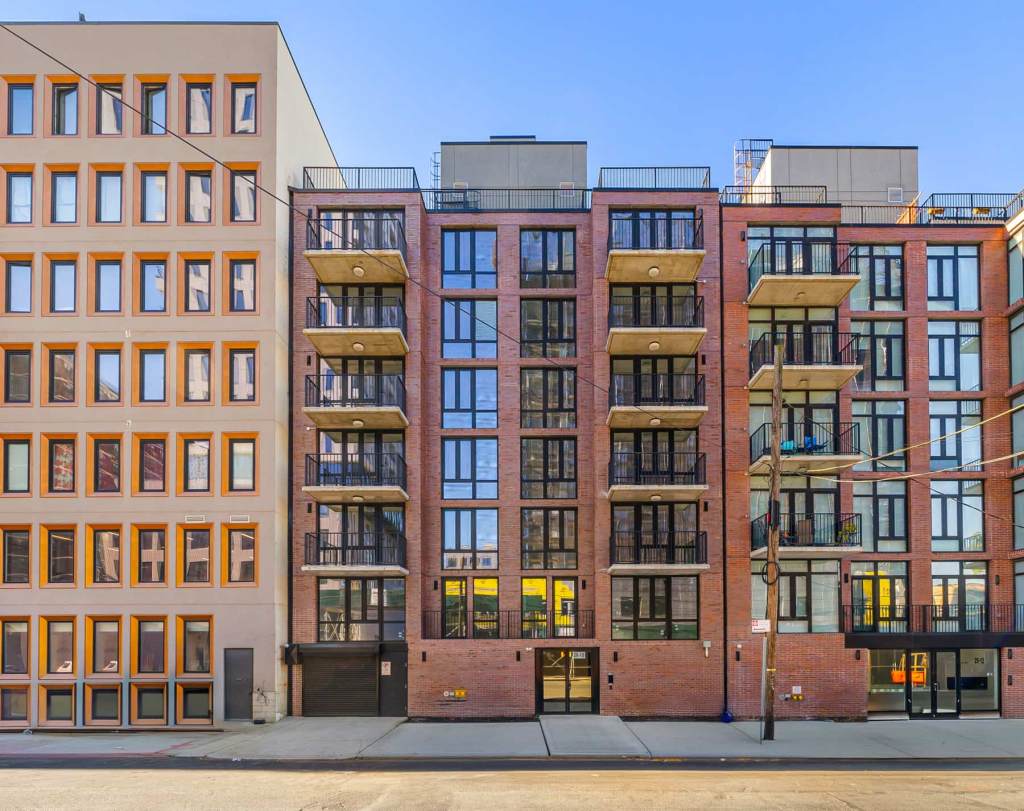The city’s decision to withhold funds from an Astoria development project will hurt residents at the nearby Astoria Houses, according to a Bronx city councilman who sits on the council’s Public Housing Committee.
Councilman Ritchie Torres, the chairman of the Committee on Oversight and Investigations, released a report on Feb. 27 titled “Left Out in the Cold.” It outlines the city’s recent decision to halt $43.5 million in bond financing for a 163-unit building that is part of the Durst Organization’s 2.5-million-square-foot Halletts Point development project.
As part of the plan to build this tower — one of seven included in the project — the developers, Durst Organization agreed to retrofit the existing four boilers at Astoria Houses and install low-emission burners.
In the report, Torres argues that the city’s decision will delay heating improvements at the housing complex. Developers agreed to have the improvements completed by next winter.
“NYCHA’s capital need is so overwhelming that the expenditure of private dollars on heating improvements by Durst could have freed up federal and local dollars for boilers elsewhere in the portfolio,” Torres wrote. “But far worse than the opportunity cost of the decision to withdraw the bond financing is the immediate impact it will have on the residents of Astoria Houses: It will deprive them of reliable boilers for the next heating season.”
Housing Development Corporation spokeswoman Elizabeth Rohlfing told Politico, which first reported on the city’s decision, that the funding was suspended because of the stiff competition for tax-exempt bonds in the midst of potential federal funding cuts.
Officials for Mayor Bill de Blasio said the city has already secured more than $200 million to upgrade NYCHA’s heating systems, replace aging boilers and to improve hot water. Astoria Houses will receive $20 million for boiler upgrades. The Durst Organization agreed to make $2.5 million worth of efficiency upgrades to secure environmental permits for the 163-unit tower, the city said.
“Without the [boiler] upgrades, people living on the upper floors of the new building would be left breathing dirty air, and for that reason [the new 163-unit tower] could not be built,” said Melissa Grace, deputy press secretary for Housing and Economic Development, in a Medium post. “In short, these upgrades are not charity and they are not to replace the boilers — $20 million in public funds will do that.”
The Durst Organization said the upgrades, including replacing the mud legs of the boilers (they corrode overtime from contact with water that boilers eject) and burners, could be completed by 2019.
The city’s process to design and construct new boilers — a separate project from the one the Durst Organization is promising — would be completed sometime between 2021 and 2023. City officials argued that the efficiency upgrades promised by the Durst Organization to obtain environmental permits would not have corrected heat problems or prevented outages next year.
The boilers are 28 years old and in 2017 Astoria Houses residents experienced 26 heating outages and 32 hot water outages. Residents filed a total of 1,265 heat complaints with the city in 2017, according to the report.
In her post, Grace said the upgrades were not a “fair trade” for the bond and that the city was “holding out for a better deal.”
“We aren’t going to be bullied into making a deal that benefits rich developers and not poor and working-class New Yorkers,” she said.
But Torres said the intent of the developers is beside the point.
“The question is not why Durst agreed to install the heating improvements in the first place (no one, after all, is claiming that Durst was acting out of altruism),” he wrote in the report. “Turning the focus to the intent of the developer is a clever sleight of hand that conveniently ignores the thrust of the original question. New burners and mud legs would increase the efficiency and improve the performance of the four boilers at Astoria Houses. For NYCHA to either deny or downplay those benefits is disingenuous.”
City officials said the Durst Organization will still be required to make these improvements but the developers have said they will not continue construction if the bond financing is not provided.
Mayor Bill de Blasio and the Durst Organization have recently butted heads. To defend himself from allegations that he was too friendly with campaign donors, the mayor wrote a blog post highlighting how he did not give special treatments to certain donors.
One example he provided alluded to the Durst Organization’s desire to receive the contract for the city’s new ferry service.
The city broke ground on the development in January 2016 and since then it has experienced issues. When the 421-a tax abatement, which many developers use to receive tax breaks for building large projects, was not renewed that same month, the Durst Organization said it would not be financially feasible to continue the project.
A plan to become the only development in New York City to generate its own electricity, hot water, heating and cooling on site was also scrapped by the developers who cited the tax abatement issue as the reason.
In April 2017, the real estate industry and lawmakers agreed to a proposal for another tax abatement program brought forth by Governor Andrew Cuomo called Affordable New York.
The first of seven buildings is slated to open this summer. Halletts Point will include a total of 2,400 units with about 400 deemed affordable.


































